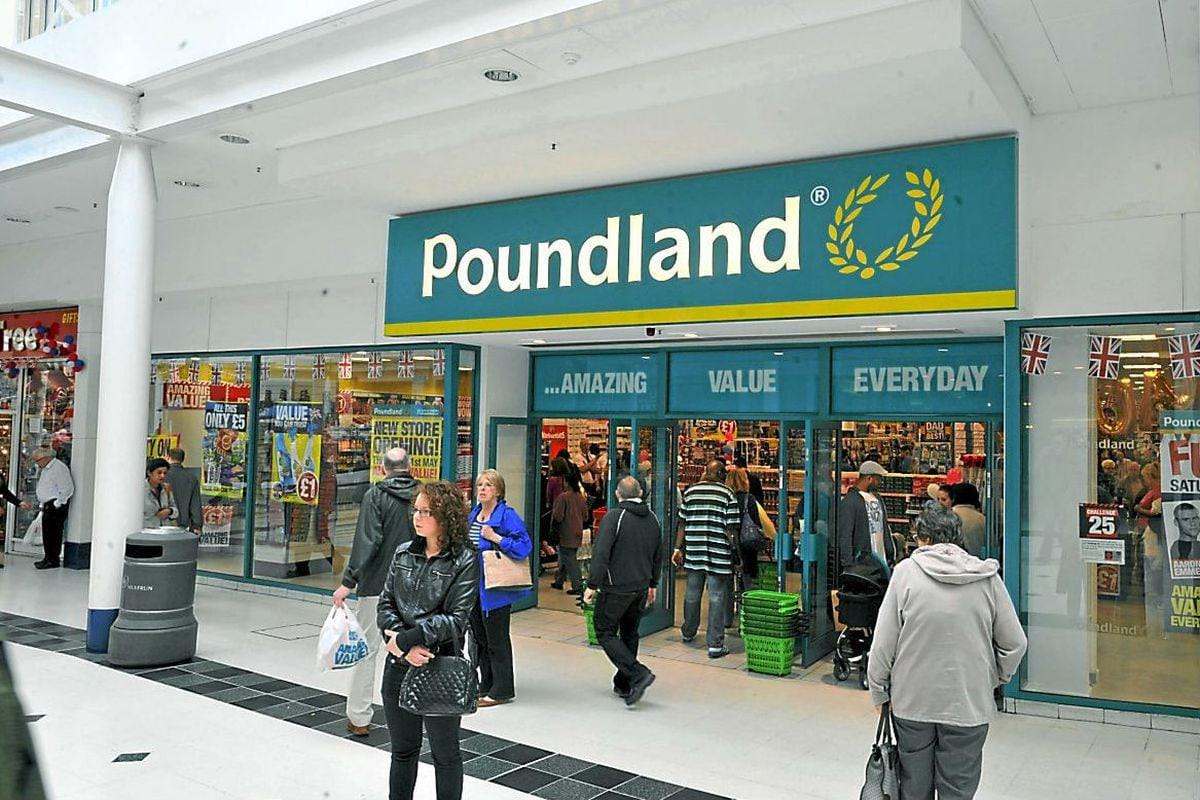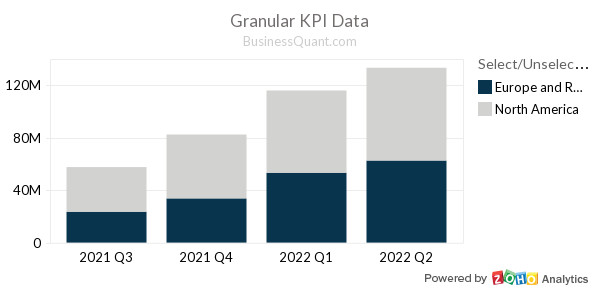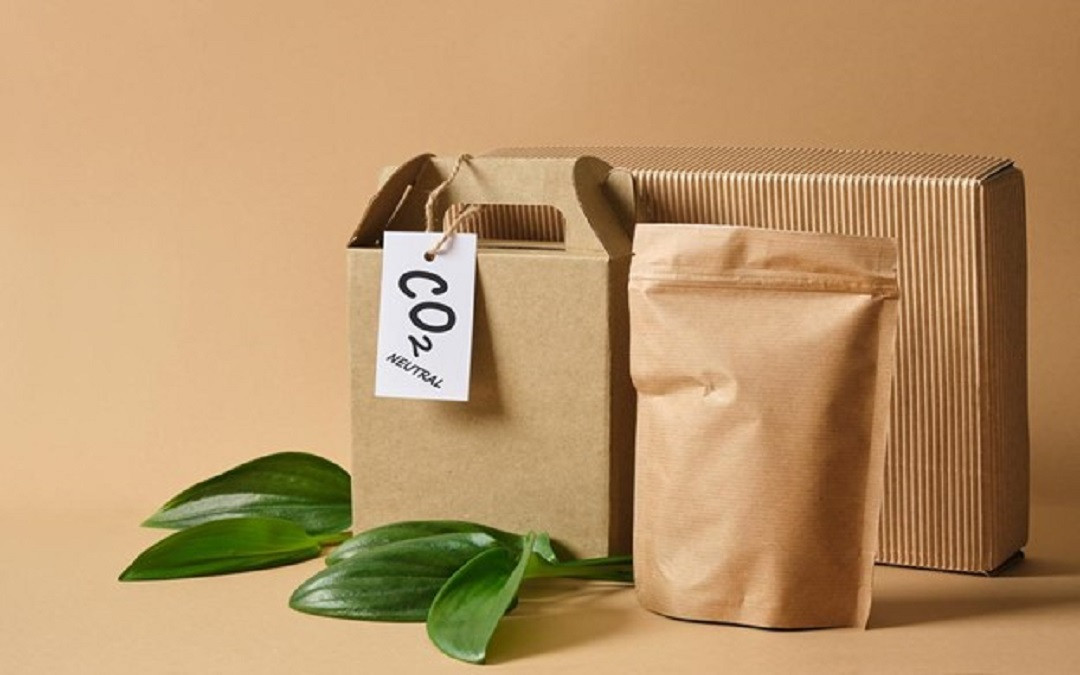The Irish government has announced a new scheme aimed at supporting farmers and improving water quality: a 70% grant for imported slurry storage. The Nutrient Importation Storage Scheme (NISS), falling under the Targeted Agricultural Modernisation Schemes (TAMS 3), comes with an investment ceiling of €90,000 per holding for individuals and €160,000 for registered farm partnerships.
Promoting Sustainable Farming Practices
The NISS aims to encourage farmers to create additional storage capacity for imported organic fertilizers. This initiative is designed to provide farmers with greater flexibility in utilizing valuable organic nutrients, particularly in light of the unpredictable weather patterns of recent years. The scheme is seen as a crucial step in promoting sustainable farming practices that minimize environmental impact.
Key Provisions of the NISS
The NISS comes with several key provisions to ensure its effectiveness:
- Investment Ceiling: The scheme has an investment ceiling of €90,000 for individuals and €160,000 for registered farm partnerships.
- Eligible Investments: The scheme only covers investments in circular slurry stores, geo membrane-lined stores, and manure pits to ensure the continued availability of facilities for slurry importation.
- Eligibility Requirements: Farmers must have a contract in place for nutrient importation outlining the volume of organic fertilizers to be imported. This contract ensures that the storage facilities are used for their intended purpose.
- Stocking Rates: The importing farm must have a whole farm stocking rate of less than 150kg N/Ha. This ensures that there is sufficient capacity to spread imported slurry or manure.
- Penalty for Non-Importation: Failure to import slurry will result in a penalty. The rate of recoupment decreases by 20% for each year that importation has not taken place. This incentivizes farmers to make full use of the storage facilities.
Prioritization and Application Process
The Department of Agriculture has outlined a prioritization framework for applications. Younger farmers will be given priority when assessing applications. The remaining criteria include the size of the holding, whether any part of the holding is in an Area of Natural Constraint, and the nitrates production prior to export.
The closing date for applications is yet to be confirmed by Minister for Agriculture Charlie McConalogue. Completed application forms can be submitted to On Farm Investment, Department of Agriculture Food and Marine, Johnstown Castle, Wexford or by email.
Addressing Water Quality Concerns
The NISS is a response to the Irish government’s commitment to seeking a further derogation from the Nitrates Directive. The derogation allows Ireland to exceed the EU's standard limits for nitrates in groundwater. The NISS is seen as a key element in the government's strategy to demonstrate its commitment to improving water quality and securing the continued derogation.
A Collaborative Effort
While the European Parliament does not have direct authority to grant a derogation, it can bring issues to the attention of the European Commission and other member states, who ultimately make the decision. Irish MEP Ciaran Mullooly, a member of the European Parliament’s Committee on Agriculture, is actively engaging with other MEPs to garner support for Ireland's nitrates derogation. He believes that visits like the one he facilitated for German MEP Christine Singer to Irish dairy farms are crucial in conveying the importance of the derogation to farmers and the potential impact of losing it.
The Future of Irish Farming
The success of the NISS and other initiatives like it will be crucial in ensuring the long-term sustainability of Irish farming. The government's commitment to providing financial support and promoting sustainable practices is a positive sign for the future of agriculture in Ireland. The NISS reflects a collaborative effort to protect both the environment and the livelihoods of Irish farmers. It represents a significant step in addressing the complex challenges facing the agricultural sector while ensuring a sustainable future for Irish farming.


















